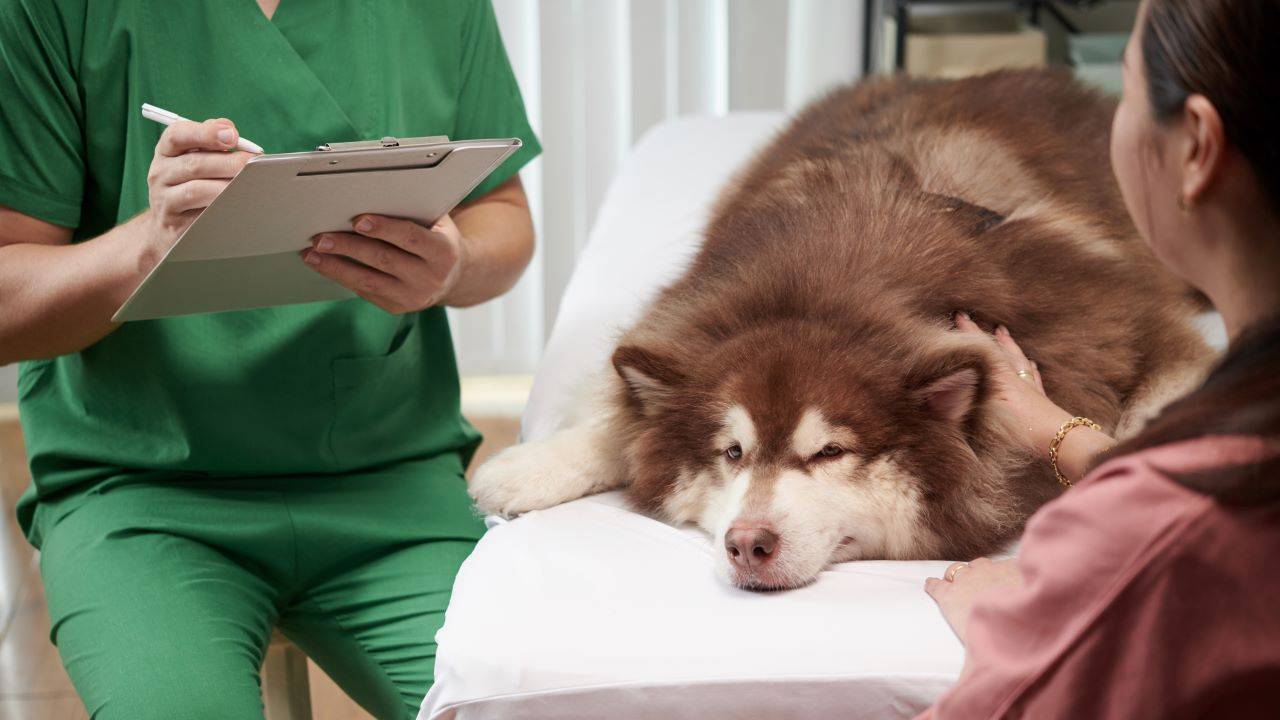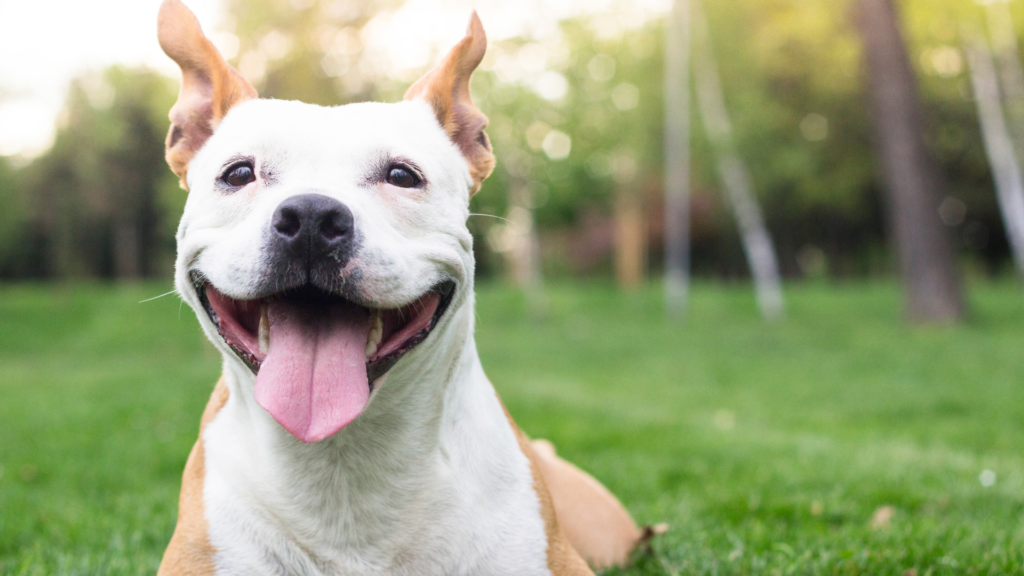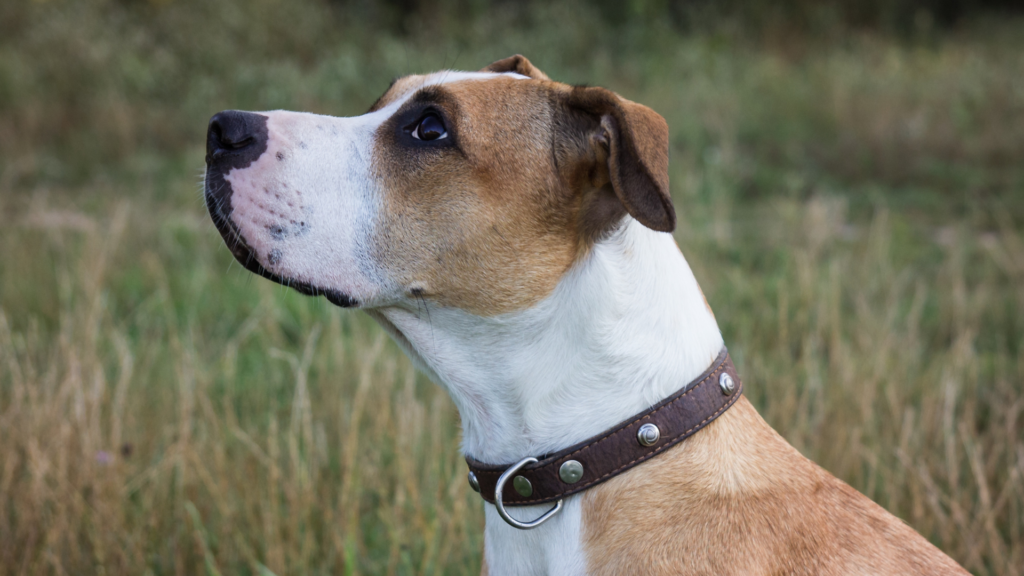Articles & Videos
Need help raising your pet?

Why Pet Insurance Is a Smart Investment for Pet Owners
At easyvet, we’re all about providing affordable, accessible care for your pets. A key way to enhance your pet’s healthcare experience is by investing in pet insurance. Whether it’s routine

The Importance of Dental Cleanings for Your Pet’s Health
Dental health is an often overlooked but crucial aspect of your pet’s overall well-being. Much like humans, pets require regular dental care to prevent oral diseases and maintain their quality

Walking Your Dog: Tips for a Fun and Healthy Outing
Walking your dog is one of the simplest yet most rewarding activities you can share with your furry companion. It’s not just about exercise; it’s about bonding, exploring, and enjoying

Helping Your Pet Overcome Fear, Anxiety, and Stress
Fear, anxiety, and stress (FAS) are not just human emotions; our pets can experience them too. These feelings can stem from a variety of sources such as changes in their

What to Do When Your Dog Won’t Socialize With Other Dogs
Socializing with other dogs is a vital part of a dog’s life, contributing significantly to their mental and physical health. However, not all dogs are naturally sociable, and some may

A Guide to Flea, Tick, and Heartworm Prevention
McKinney, TX, offers a vibrant lifestyle for both you and your pet. From exploring scenic trails to romping through bustling dog parks, your furry companion can experience endless adventures. However,


